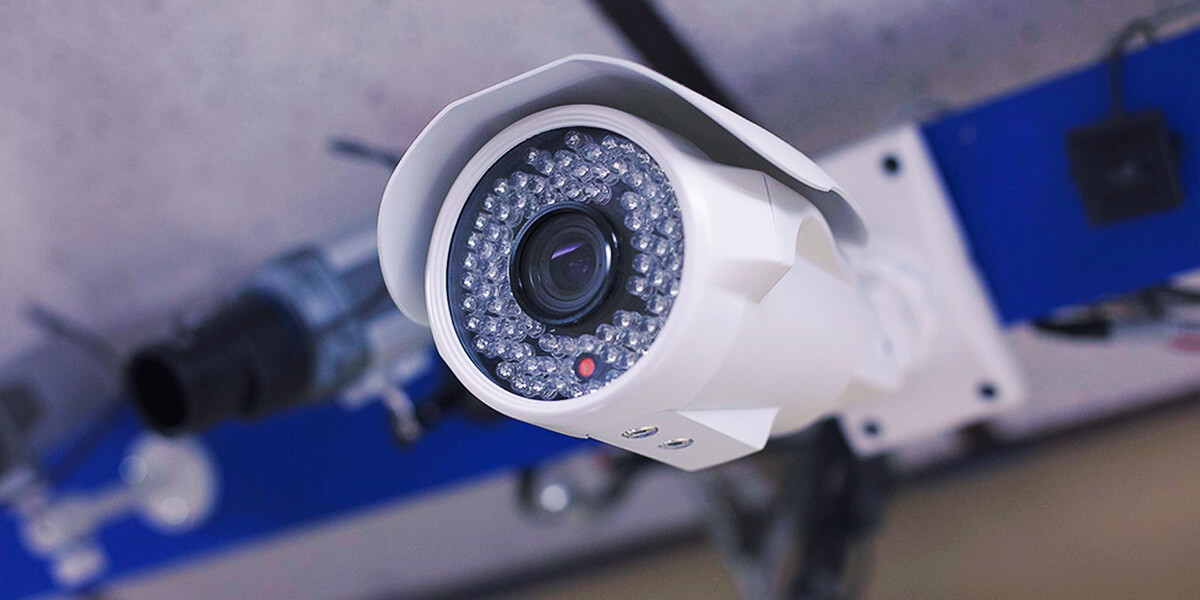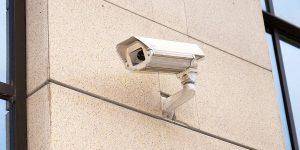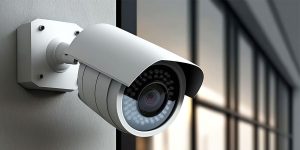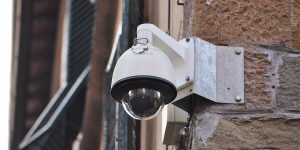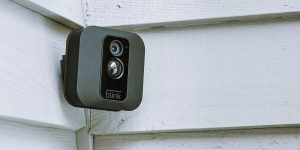Have you ever felt like you’re being watched? Like someone’s peering into your private space without your permission? Well, if you’ve seen your neighbor’s security camera pointing toward your property, these unpleasant feelings have some serious grounds. The question at hand is, how can you block your neighbor’s security camera effectively and legally? This matter can feel a tad complicated but don’t worry, we’ll tackle it together! In this article, I’ll explain some practical steps to address the situation while respecting privacy rights and legal boundaries.
Familiarizing yourself with local laws

Understanding your local privacy laws
As a citizen, you have a right to privacy, but how this is defined legally can differ greatly. Spend some time researching the specific privacy laws applicable to your area. Local government websites or a quick chat with a legal professional can be incredibly helpful if you’re unsure where to start.
Identifying camera laws and regulations
Next, it’s time to dig into the specifics of camera laws. Believe it or not, not all surveillance practices are permissible, even on private property. Regulations often stipulate where cameras can be installed and what they can or cannot record. For instance, neighbor’s security cameras pointed at public spaces like the street or sidewalks may be considered legal, while those directed towards private spaces, such as your backyard or inside your home, may cross legal boundaries.
Knowing your rights as a homeowner or tenant
Your home is your castle. Whether you own or rent it, you have the right to enjoy your space without feeling like you’re under constant surveillance. This doesn’t just apply to the interiors but also extends to areas like your backyard, your garden, or your patio.
Additionally, as a tenant, you have a legitimate expectation of privacy. Your landlord or property manager should not have cameras pointed at your doors or windows or in any common areas you frequently use. This right remains irrespective of any camera installations in public areas of the building or complex.
Lastly, be mindful that your rights extend to protecting your guests too. If visitors feel uncomfortable because of a camera pointed directly at them while being in your home or private outdoor area, their privacy rights could be violated.
Communication with your neighbor

Before considering legal moves or drastic measures, remember that sometimes a simple conversation can resolve the matter. So here are some tips on approaching your neighbor about their security camera.
Choosing the right moment
Timing is everything when it comes to sensitive conversations. Choose a time when both of you are not rushed or stressed. A casual chat over the fence or a friendly knock on their door can be a good start. Remember, the goal is to have a constructive conversation, not an argument.
Being respectful and clear
In discussing your concerns, remain respectful, clear, and firm. Explain that the neighbor’s camera pointed at your house is causing you some discomfort due to privacy reasons. Then, politely ask them to reposition their camera or adjust the viewing angle so it doesn’t capture your property.
Suggesting alternatives
If appropriate, you can suggest alternatives. For example, they might consider switching to cameras with a narrower field of view or installing privacy screens. These options can provide security for them without infringing on your privacy.
Offering reassurance
It can help to reassure your neighbor that you understand their need for security and you’re not trying to compromise that. You’re merely requesting them to respect your privacy. This mutual respect can go a long way in maintaining harmony.
Documenting the conversation
While you hope the conversation resolves the issue, it’s always a good idea to document it, just in case. Send a follow-up email thanking them for their time and summarizing your discussion. This can be useful if you need evidence of your attempts to resolve the issue peacefully.
Legal and non-invasive methods

If having a polite conversation doesn’t yield the desired result, or if you’re uncomfortable with the direct approach, there are still several legal and non-invasive ways to regain your privacy.
Install privacy screens or fences
If a neighbor’s security camera feels a tad intrusive, putting up privacy screens or fences can be a smart move. These barriers serve as physical obstructions that shield your property from the prying eyes of surveillance cameras.
Use window films or blinds
One of the easiest and most cost-effective ways to ensure your privacy indoors is through window films or blinds.
Window films are thin, self-adhesive layers applied directly to your window glass. They come in various types, from decorative to blackout, but mirrored or frosted films are usually the top picks for privacy purposes. Blinds, on the other hand, offer a more adjustable solution. You can open or close them to your liking, controlling both light and visibility.
Plant trees or install fences
On a more creative note, you could consider blocking the camera’s view with some landscaping or installing a fence. Plants, trees, or privacy screens can obstruct the camera’s line of sight without breaking any laws.
Involve the homeowner’s association or property management
If you live in a managed community, your homeowner’s association (HOA) or property management may have rules about the placement of security cameras. They can often intervene and help resolve the issue.
Contact local law enforcement or legal authorities
If you’re certain that your neighbor’s camera placement is violating local laws, it’s time to get law enforcement involved. A visit or a call from an officer can often persuade a stubborn neighbor to reconsider their camera’s positioning. Remember to provide them with all the necessary details and any evidence you might have.
Legal assistance
If other methods fail, you may need to seek legal assistance. A solicitor can help you understand your options and guide you on the best course of action. It could be as simple as a legal notice or, in extreme cases, a lawsuit.
Blocking the camera’s view (use with caution)

Now, there are other methods that directly aim to obstruct a camera’s view. However, I must strongly emphasize that I do not recommend these tactics. These actions may have potential risks and legal consequences, and they’re not something to be taken lightly. Still, for the sake of completeness, let’s briefly discuss these options.
Using laser pointers or infrared lights
You may want to use laser pointers or infrared lights to effectively blind a camera. By directing these light sources at the camera, you can obstruct the camera’s field of view. While this may sound like a good plan, it has a significant downside: it can permanently damage the camera, which can lead to legal troubles.
Using camera jammers
Camera jammers are devices designed to disrupt the signals that a camera sends to its receiver. These can be effective in blocking a camera’s operation. However, the use of such devices is considered illegal in many places. It can lead to hefty fines and even jail time.
FAQ
Can neighbors have security cameras towards your house?
In general, neighbors can install security cameras for the protection of their property. However, if these cameras are pointed directly at your house, particularly at areas where you would reasonably expect privacy (like your backyard, bedroom windows, etc.), it could potentially be a violation of privacy laws.
What is a camera jammer?
A camera jammer is a device designed to interfere with the signals that security cameras send to their receiver. While it may sound like an appealing solution to a privacy issue, it’s important to understand that the use of such devices is often illegal.
What happens when you point a laser at a security camera?
When you point a laser at a security camera, the intense light can overwhelm the camera’s sensor, making it difficult or even impossible for the camera to record or transmit a clear image. However, the sustained use of a laser in this manner can cause permanent damage to the camera. Not only is this ethically questionable, as it involves damaging someone else’s property, but it can also result in legal repercussions.
